By Rev. Amanda Gerken-Nelson
Over the course of this past month, ELM’s blog has featured stories of “new-ness”:new ideas and goals for the new year, new members of Proclaim, new ELM staff members to help serve our growing community.
“Newness” as a theme and concept is not just a reaction to the start of a new calendar year as of January 1st – but also the anticipated advent of change and newness for Extraordinary Lutheran Ministries as an organization as a whole.
In my first year as Executive Director of ELM, I have often reflected on Phyllis Tickle’s book The Great Emergence. In the book, Dr. Tickle talks about how the Christian church has undergone a reformation approximately every 500 years (to read a brief description of Dr. Tickle’s ideas and a personal reflection from a Presbyterian colleague, click here). I have wondered if ELM has gone through our own re-formations approximately every ten years or so: from the first extraordinary ordinations and the formation of Lutheran Lesbian and Gay Ministries and the Extraordinary Candidacy Project in 1990 and 1993, to the merger of these ministries which formed Extraordinary Lutheran Ministries and the change in ELCA policy to allow LGBTQIA+ individuals to enter candidacy and serve openly in 2007 and 2009, to now: in 2019 we’re marking 10 years since the ELCA’s policy changed, ELM has an entirely new staff, and Proclaim has grown to over 320 members.
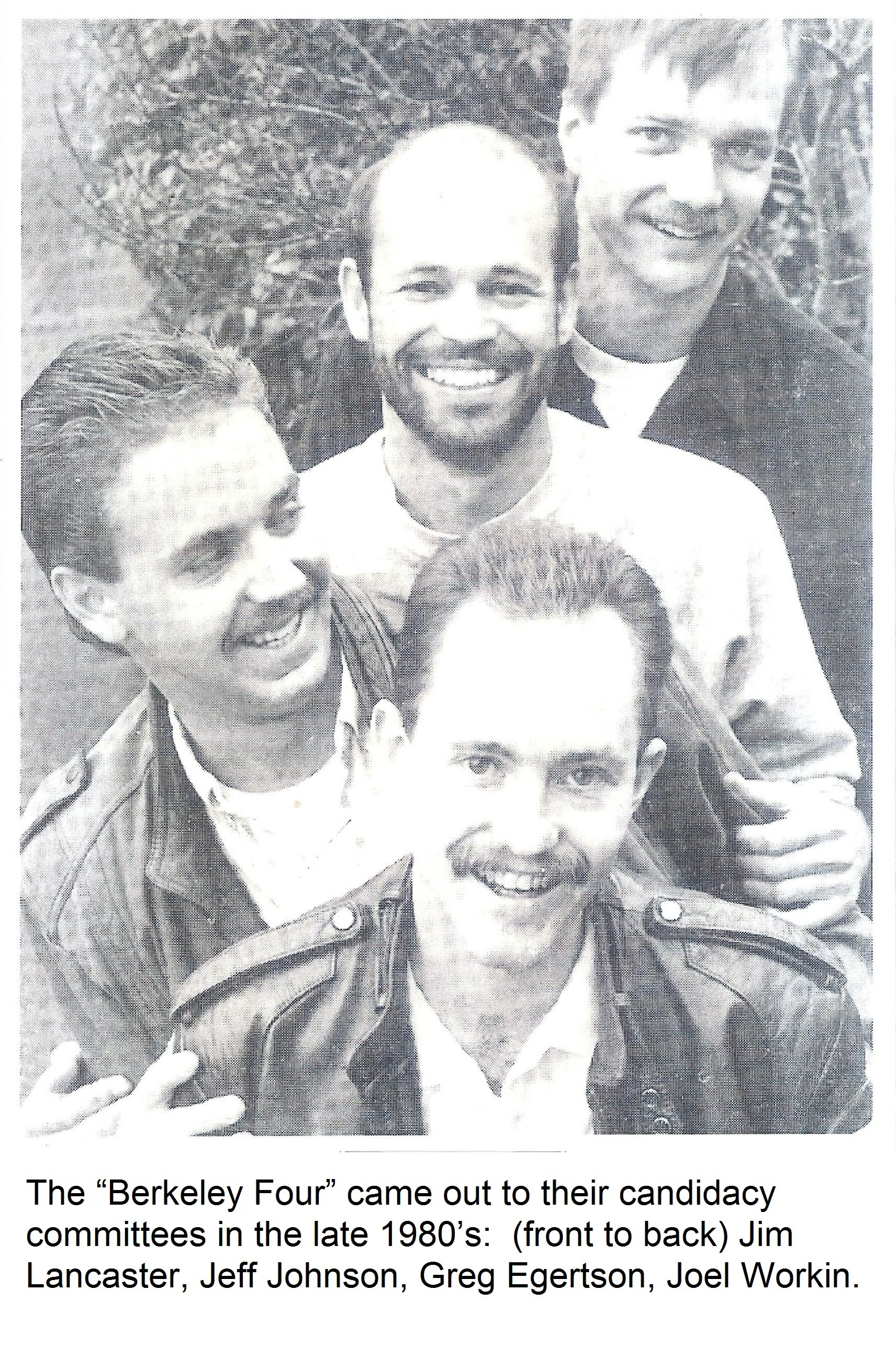
Perhaps, this theme of newness feels resonant to all of us because we are in a time of re-formation.
It wouldn’t be surprising, then, if in this period of change and newness we might find ourselves experiencing some disorientation and asking ourselves “is this the new place where we are called to be?” Or, like the Magi who visited the holy family in the stable–which we currently celebrate in this liturgical season of Epiphany–ask ourselves “Is this, in fact, the holy one?”
What has remained true for Extraordinary Lutheran Ministries throughout the years and re-formations is our insistence on and deep belief and trust that the lives, bodies, and calls of gender and sexual minority leaders are indeed holy and beloved.
It is with great intentionality of living into that sentiment and with a deep reverence for what has come before us that our current ELM staff and board endeavor to explore, listen, and consider journeying down new paths in our programming and ministries.

We are living into our gospel mandate to look to the margins even within the LGBTQIA+ community to center the experiences of the most marginalized: those with identities that are still “taboo” in our culture and society, and those who carry in their bodies and lives a variety of identities beyond gender and sexual orientation that complicates and complexifies their oppression and which calls on us as an organization to think, act, and exist differently.
As we embark on this journey, we hope to continue to share with you all what we learn and what we’re hearing through this blog. Many of you have supported ELM for many years and through our previous re-formations–we are excited to share this new journey with you and with those of you who have more recently joined our community.
Our staff welcome your thoughts and reflections on what you hear and experience with us on this journey. And, we thank you for your continued support and encouragement!
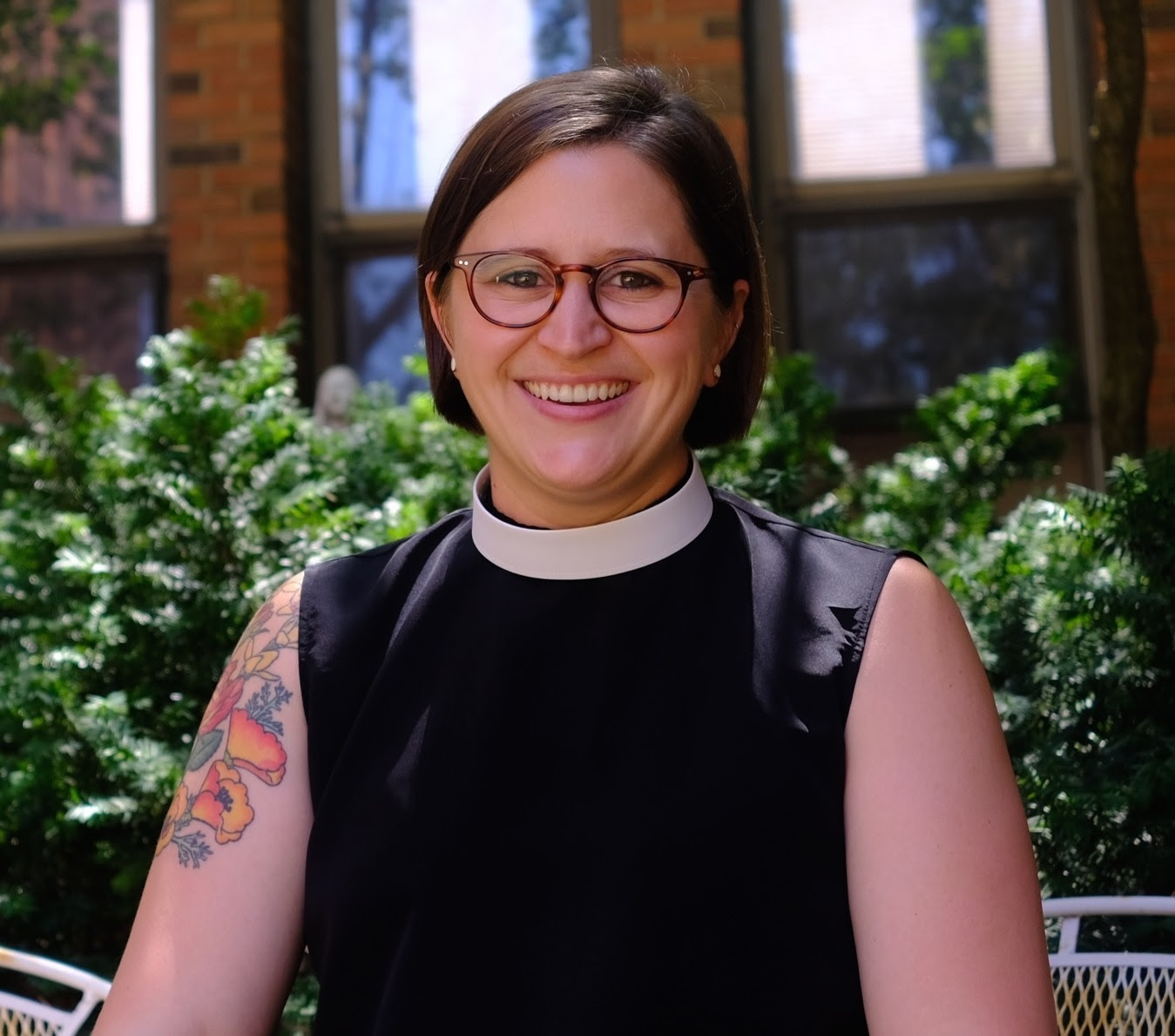
Bio: Amanda Gerken-Nelson (she/her/hers) is currently in Texas avoiding the polar vortex. Upon her return to her home in Maine on Sunday, she looks forward to celebrating a Patriot victory and knows she will get hate mail for saying “Go Patriots!”

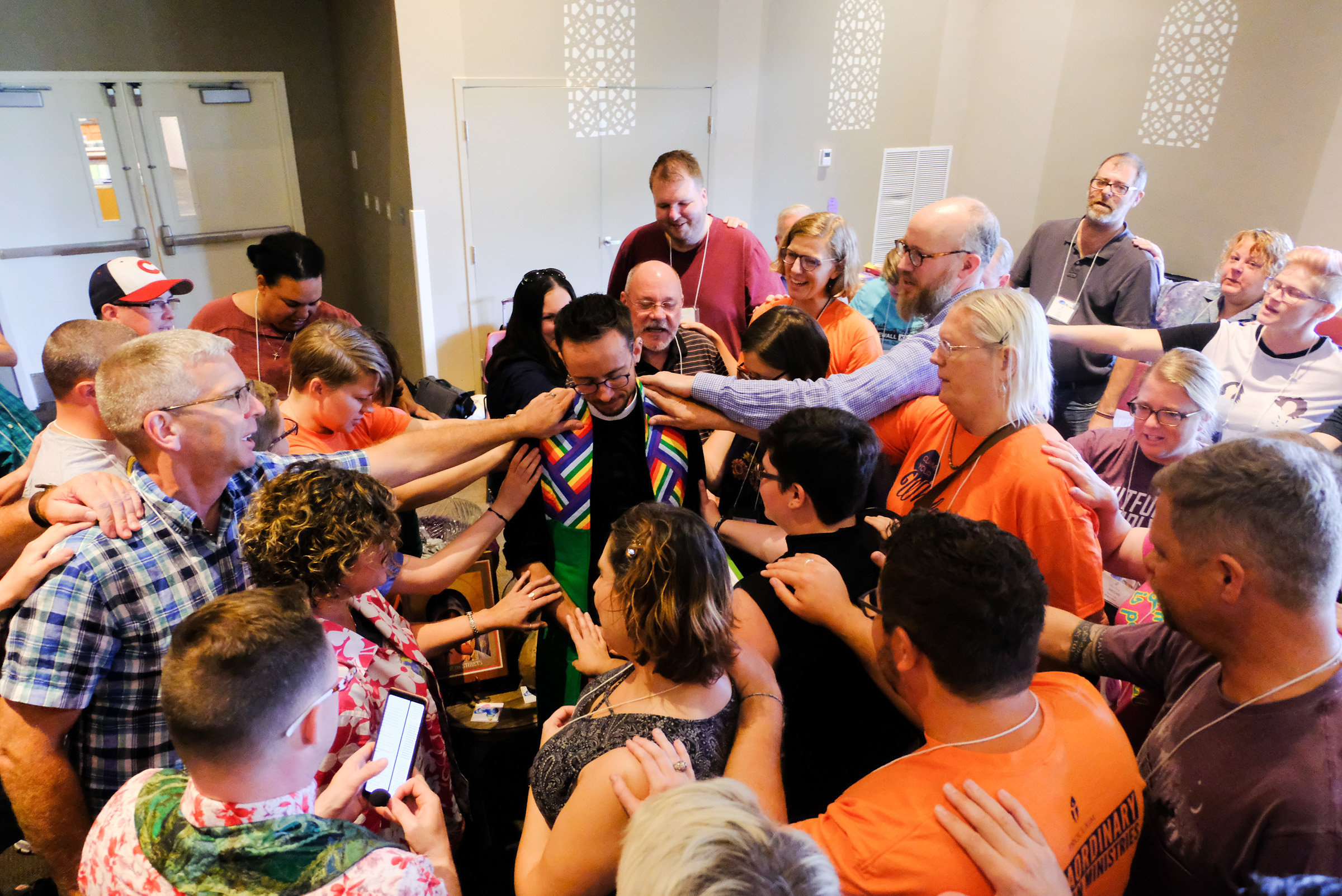
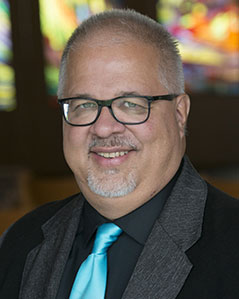


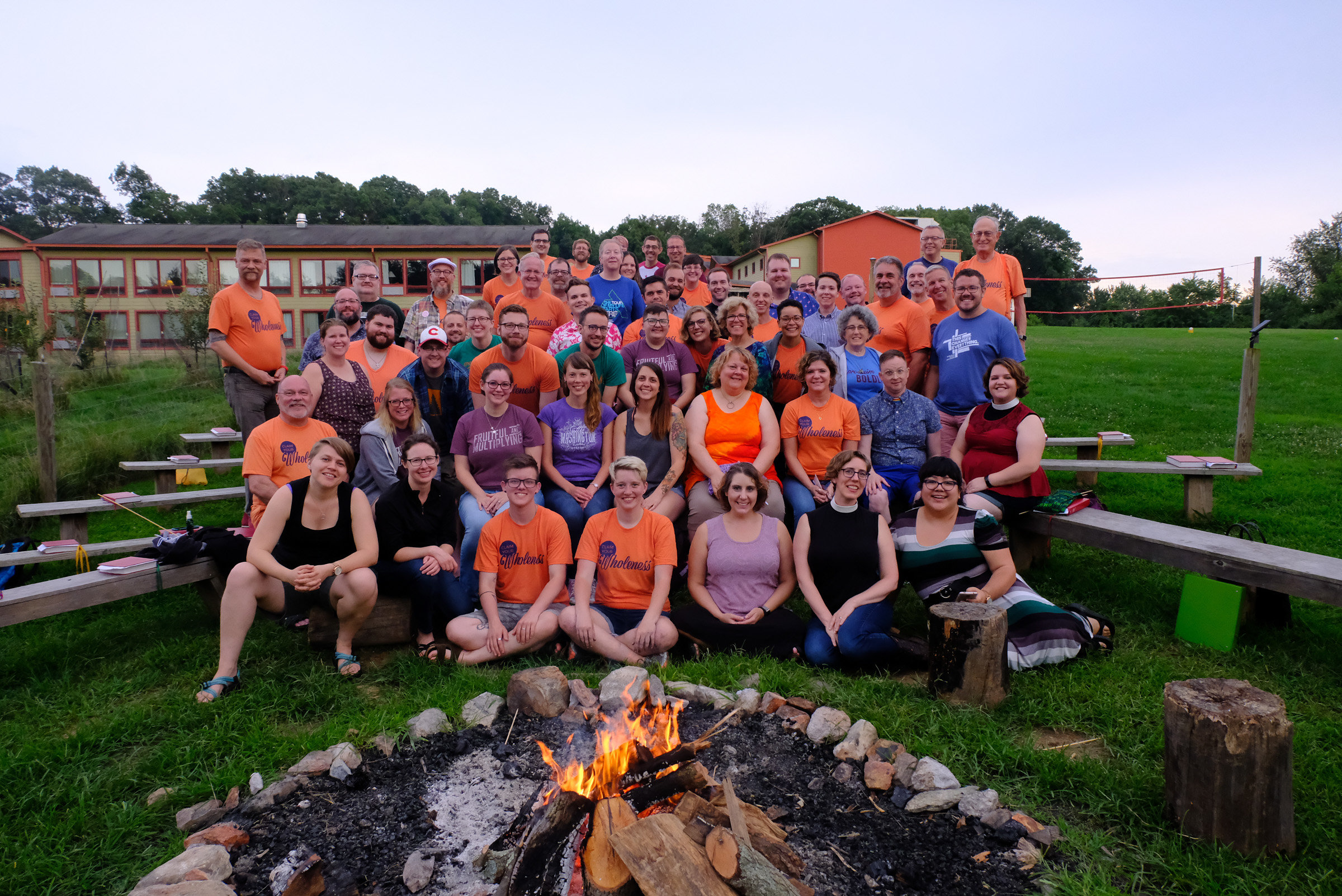

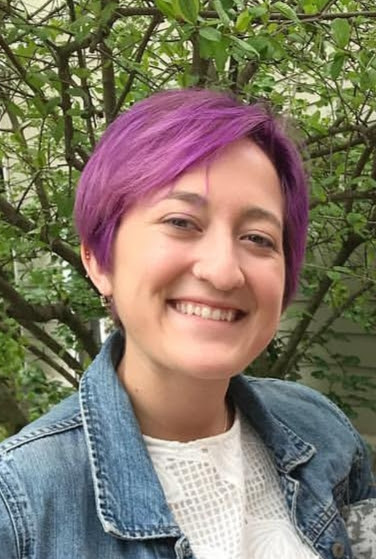
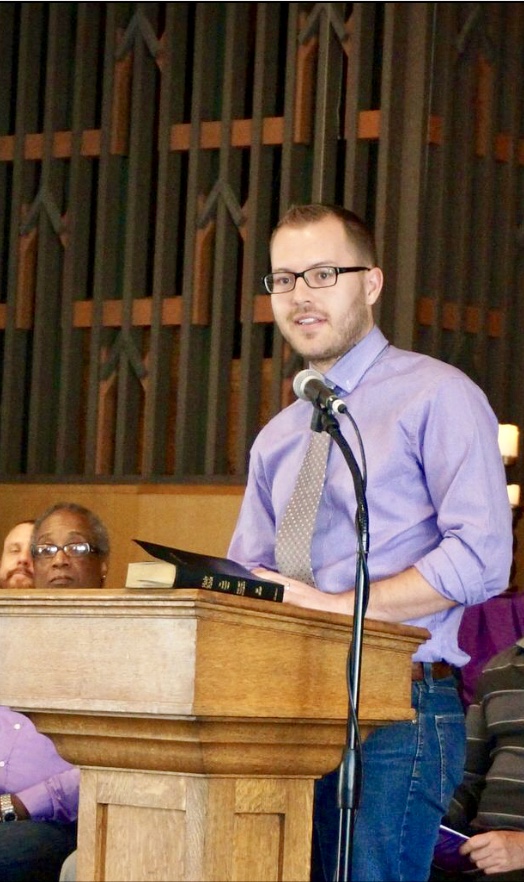

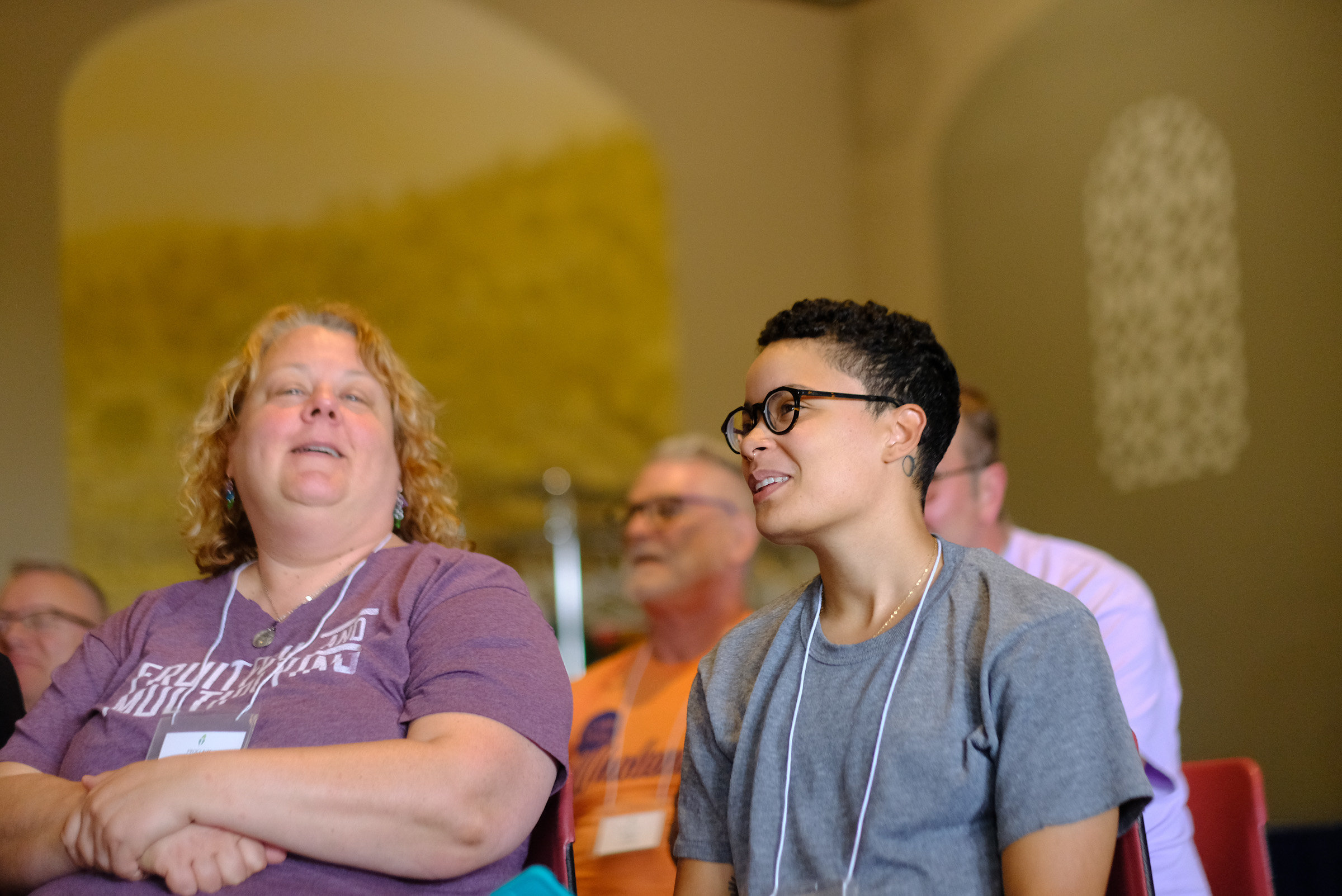


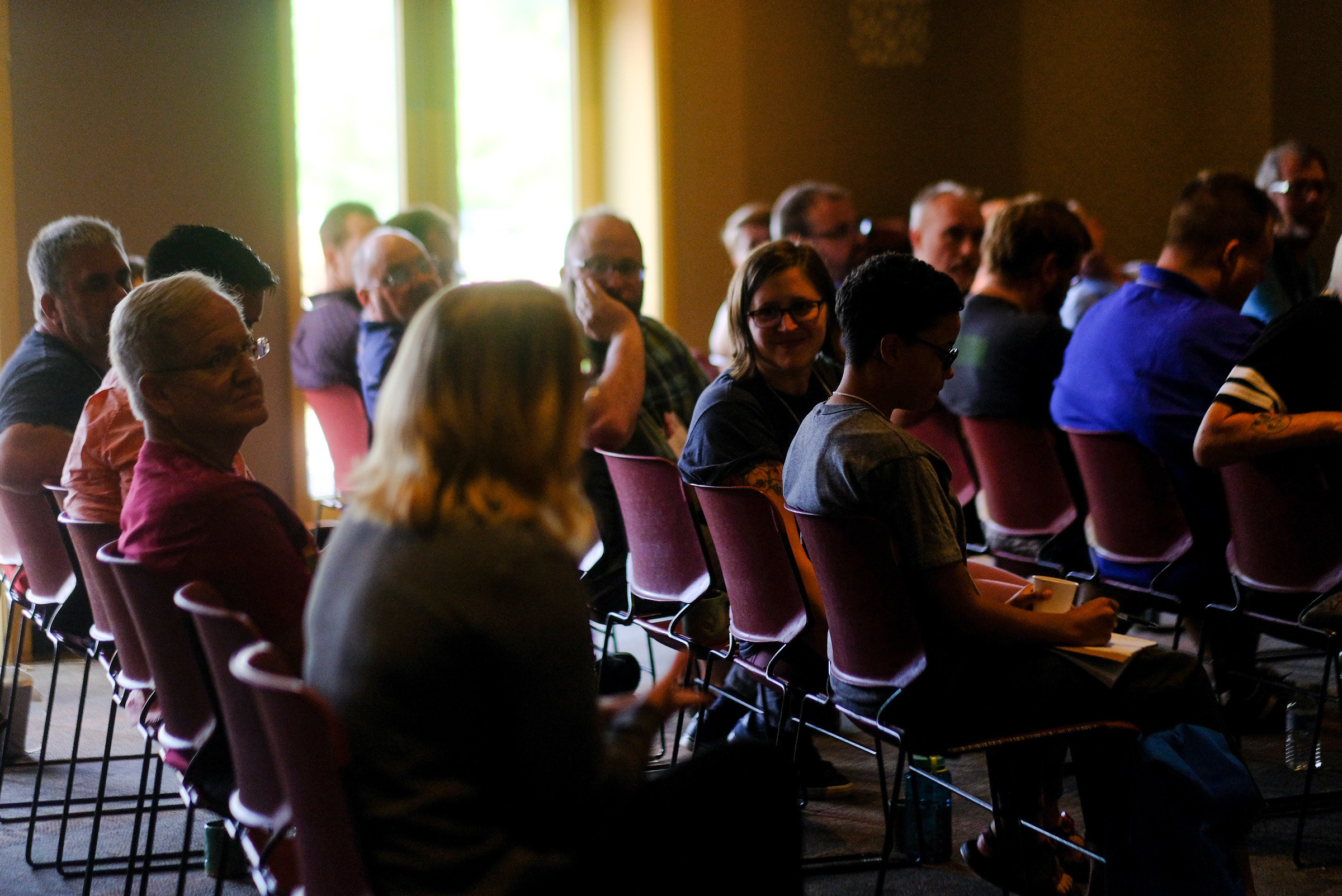
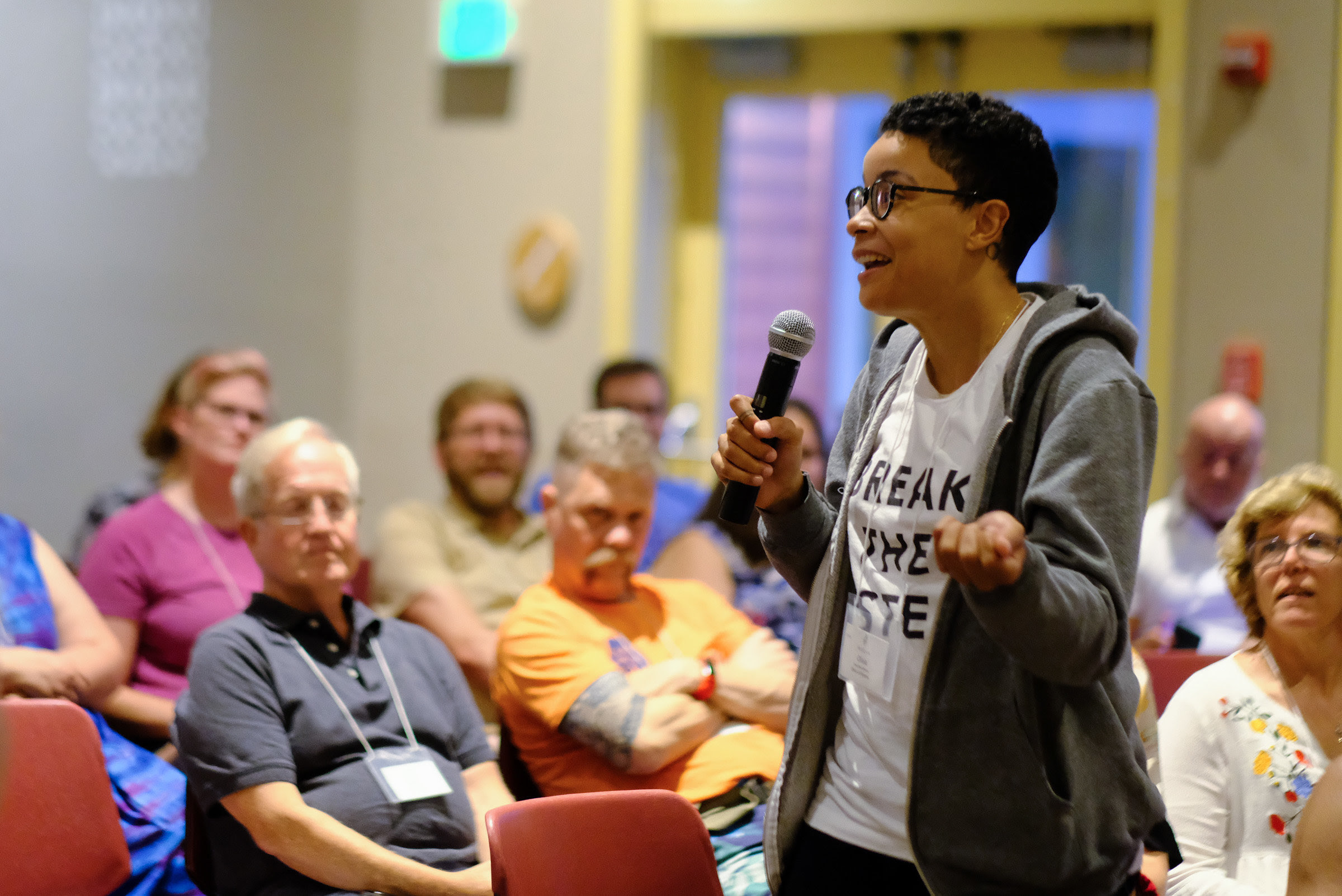
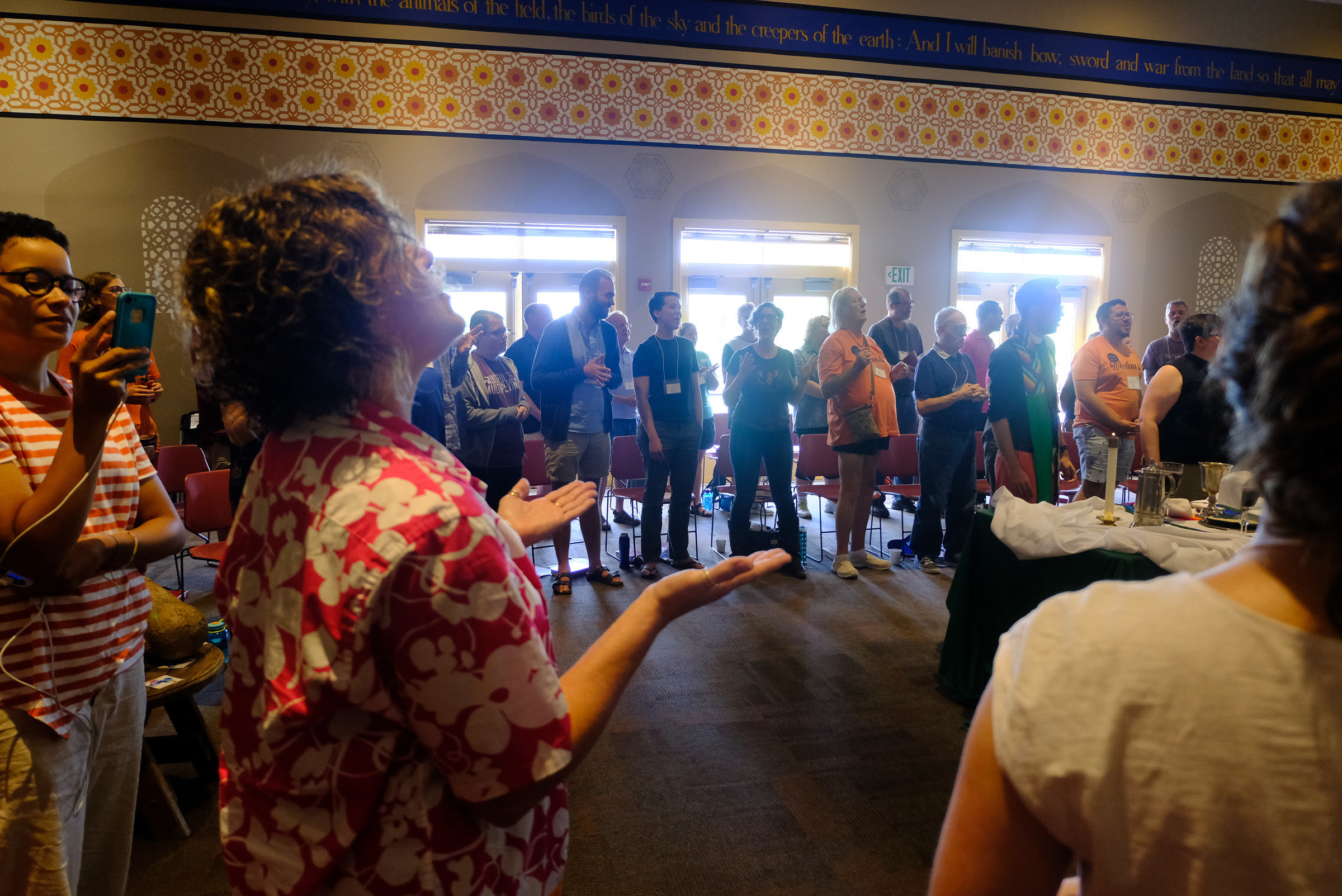

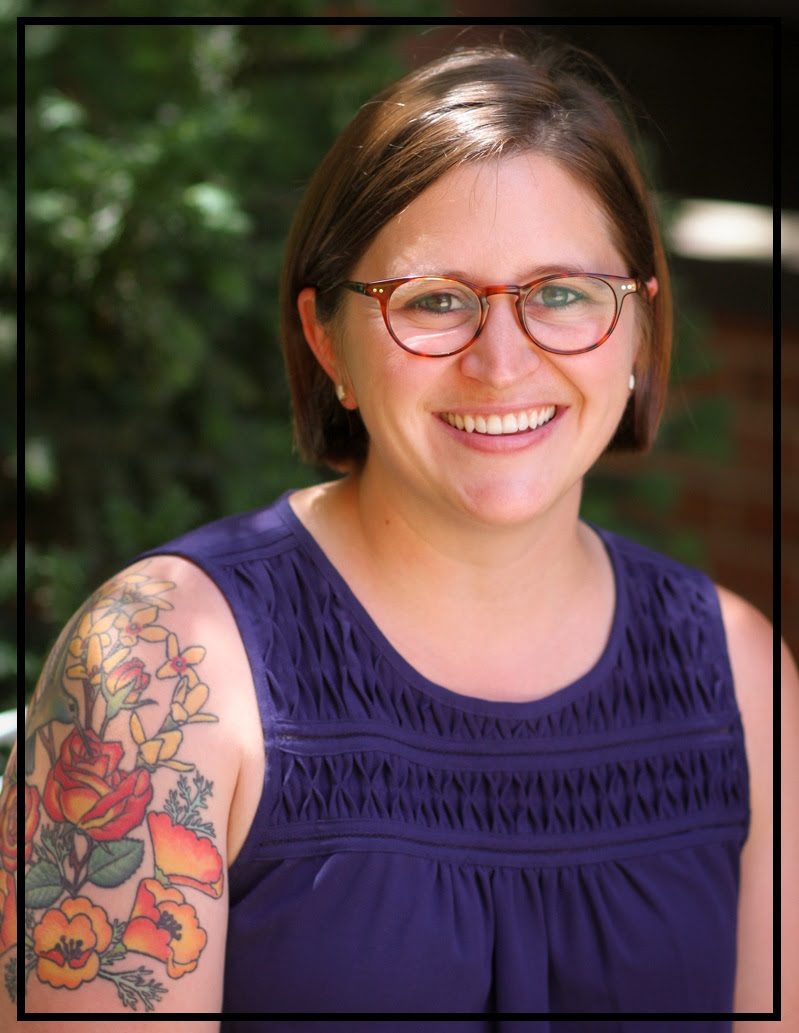


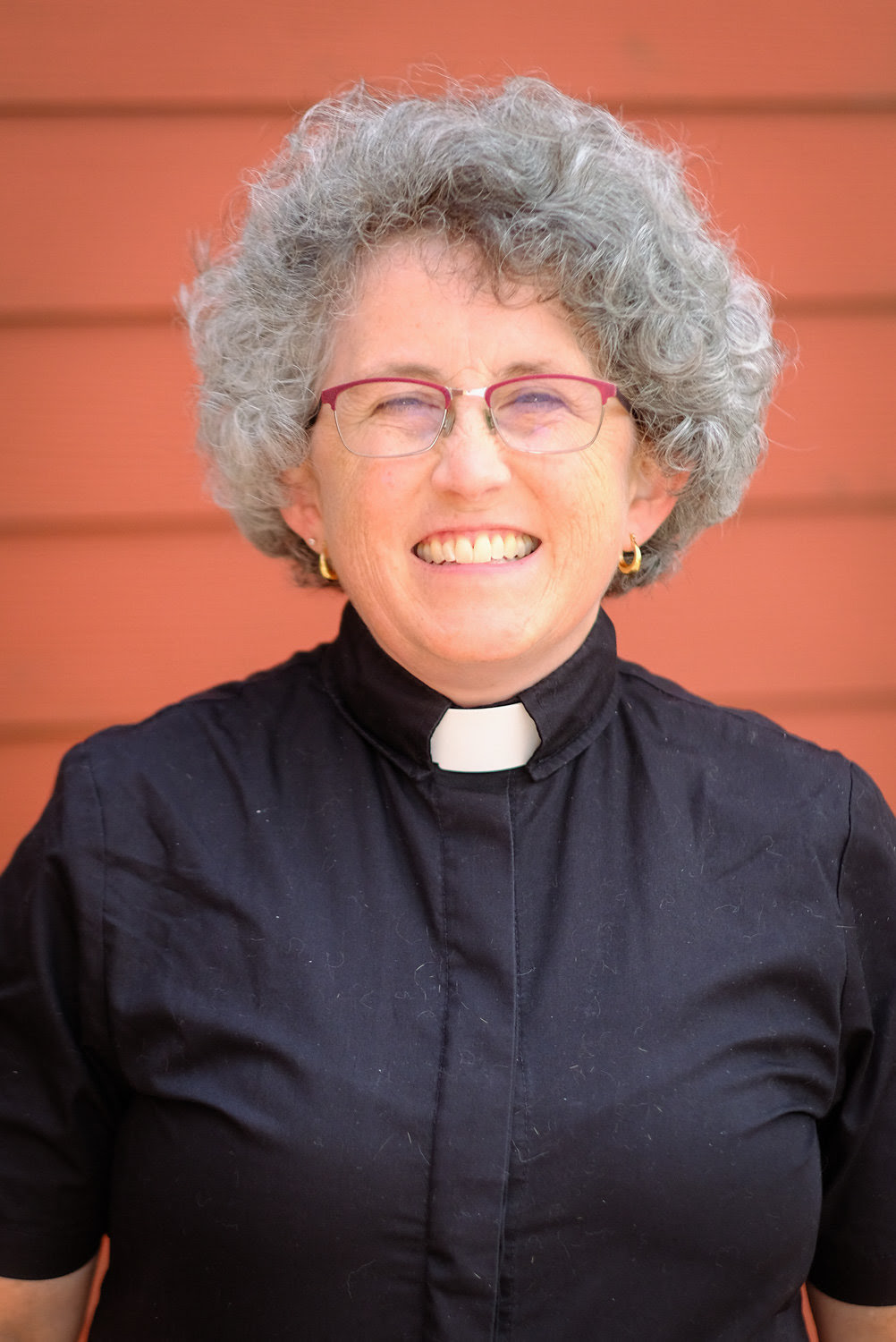
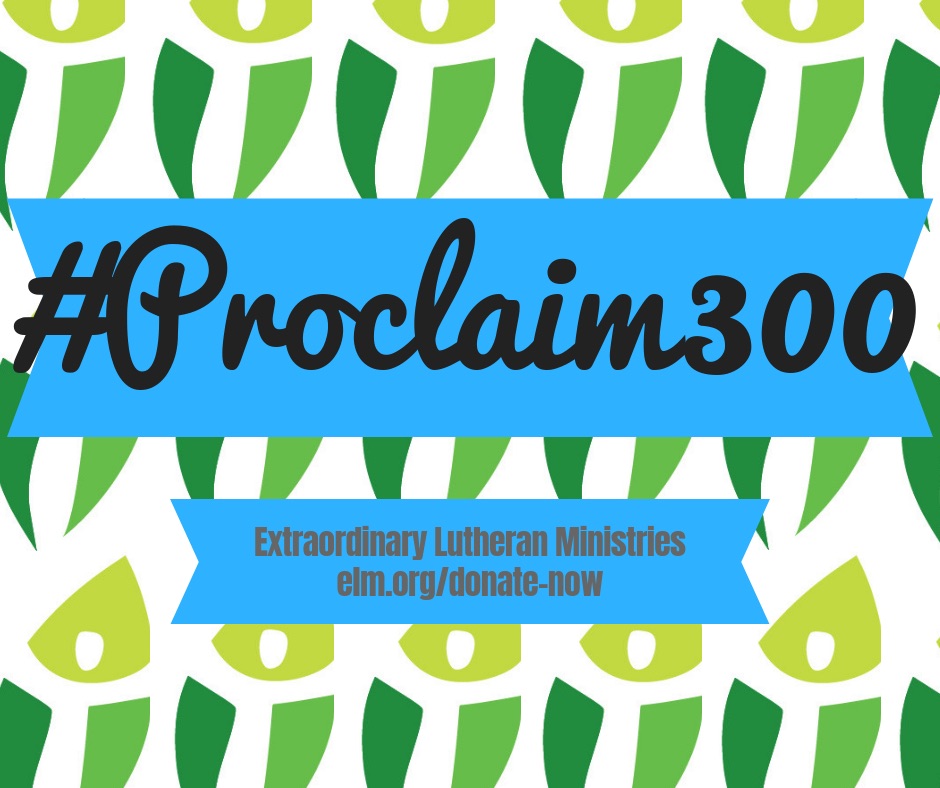
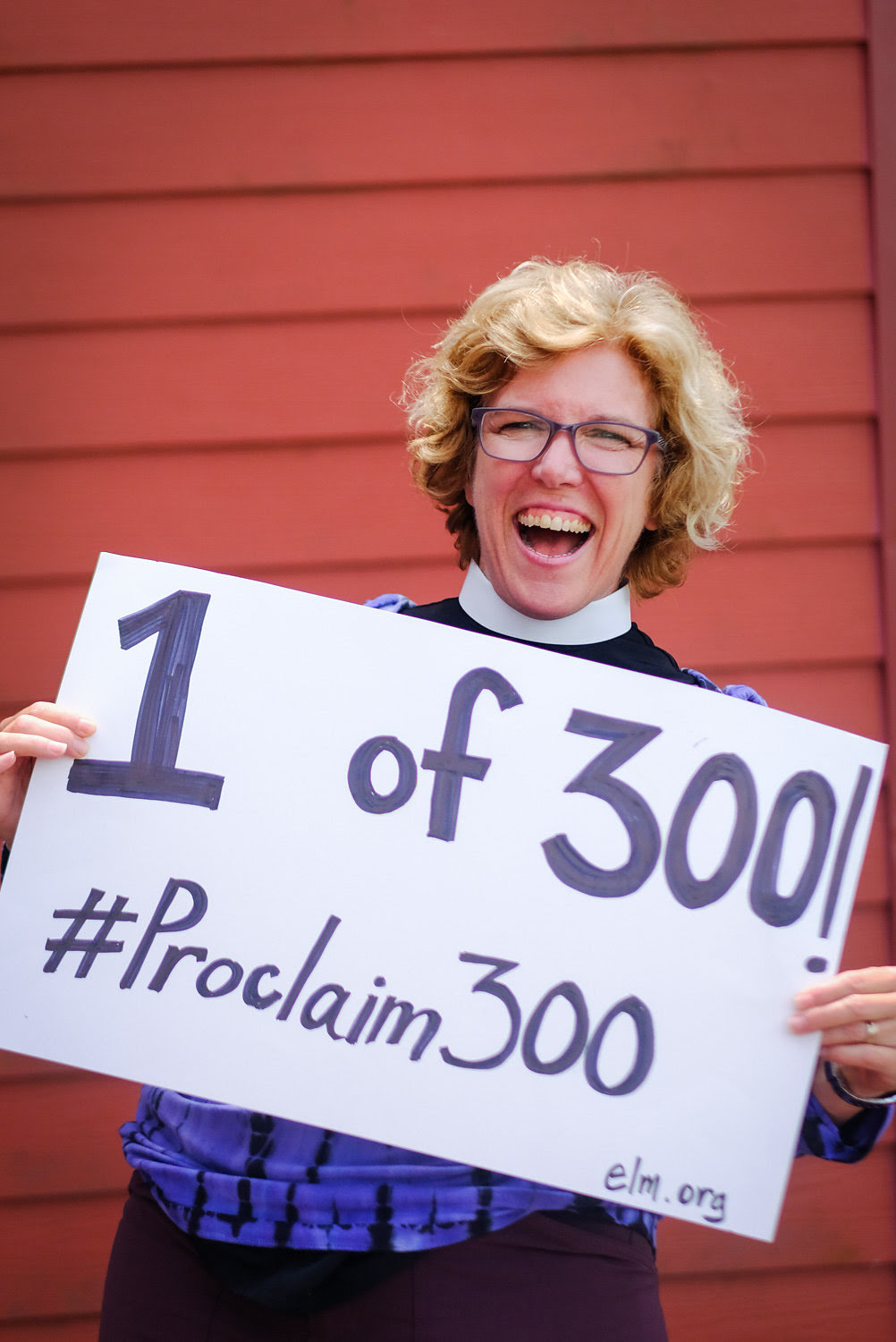 Working with all of you, we were able to raise friends, raise funds, and raise up in celebration the growth we are experiencing in our Proclaim community and the growing impact LGBTQIA+ leaders are having on our congregations and communities. I give God thanks for such an incredible community and thank you for your participation and action. Here is just a brief snapshot of all of the good work we were able to accomplish together.
Working with all of you, we were able to raise friends, raise funds, and raise up in celebration the growth we are experiencing in our Proclaim community and the growing impact LGBTQIA+ leaders are having on our congregations and communities. I give God thanks for such an incredible community and thank you for your participation and action. Here is just a brief snapshot of all of the good work we were able to accomplish together.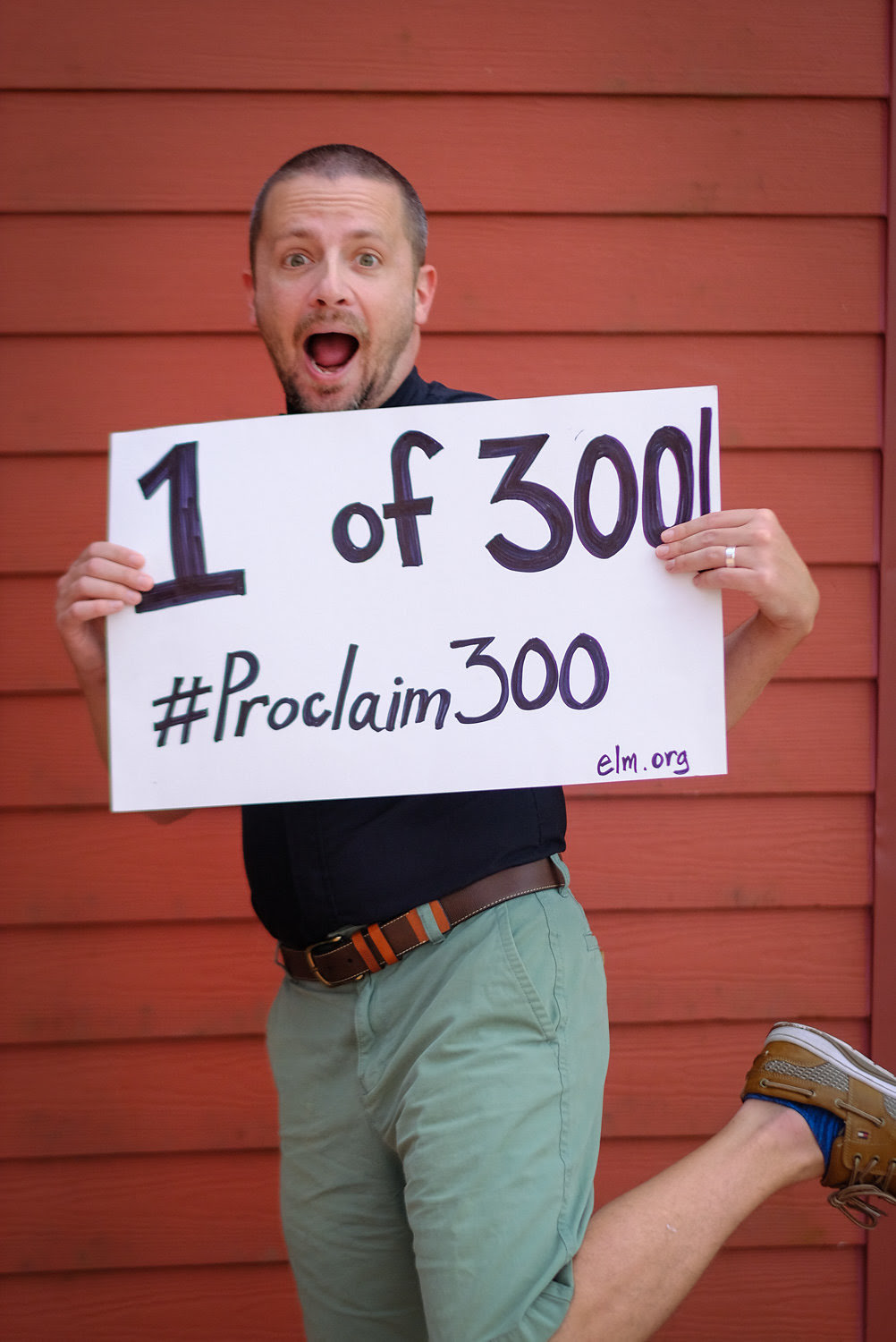 on the challenges they experience in the church, the gratitude they hold for those who accompany them, and their dreams for the future. To see some of the posts, go to Facebook and Twitter and search the hashtag #Proclaim300.
on the challenges they experience in the church, the gratitude they hold for those who accompany them, and their dreams for the future. To see some of the posts, go to Facebook and Twitter and search the hashtag #Proclaim300.

 There are two Proclaimers featured in the film, myself and Kelsey Brown (she/her/hers). If you have never noticed that I’m a part of the Proclaim community, there are two reasons for that. A: I have only recently joined and B: it’s an overwhelmingly white space. White spaces center whiteness and will do that overtly or inadvertently and it doesn’t matter about the intent or the hearts of the people in the community. Unless there is a specific intentional effort to dismantle whiteness in a white space it is dangerous for people of color (PoC). That’s the cunning thing about white supremacy, it doesn’t need you to be actively racist to operate or function; it actually prefers if you aren’t because then it is less likely to be exorcised.
There are two Proclaimers featured in the film, myself and Kelsey Brown (she/her/hers). If you have never noticed that I’m a part of the Proclaim community, there are two reasons for that. A: I have only recently joined and B: it’s an overwhelmingly white space. White spaces center whiteness and will do that overtly or inadvertently and it doesn’t matter about the intent or the hearts of the people in the community. Unless there is a specific intentional effort to dismantle whiteness in a white space it is dangerous for people of color (PoC). That’s the cunning thing about white supremacy, it doesn’t need you to be actively racist to operate or function; it actually prefers if you aren’t because then it is less likely to be exorcised.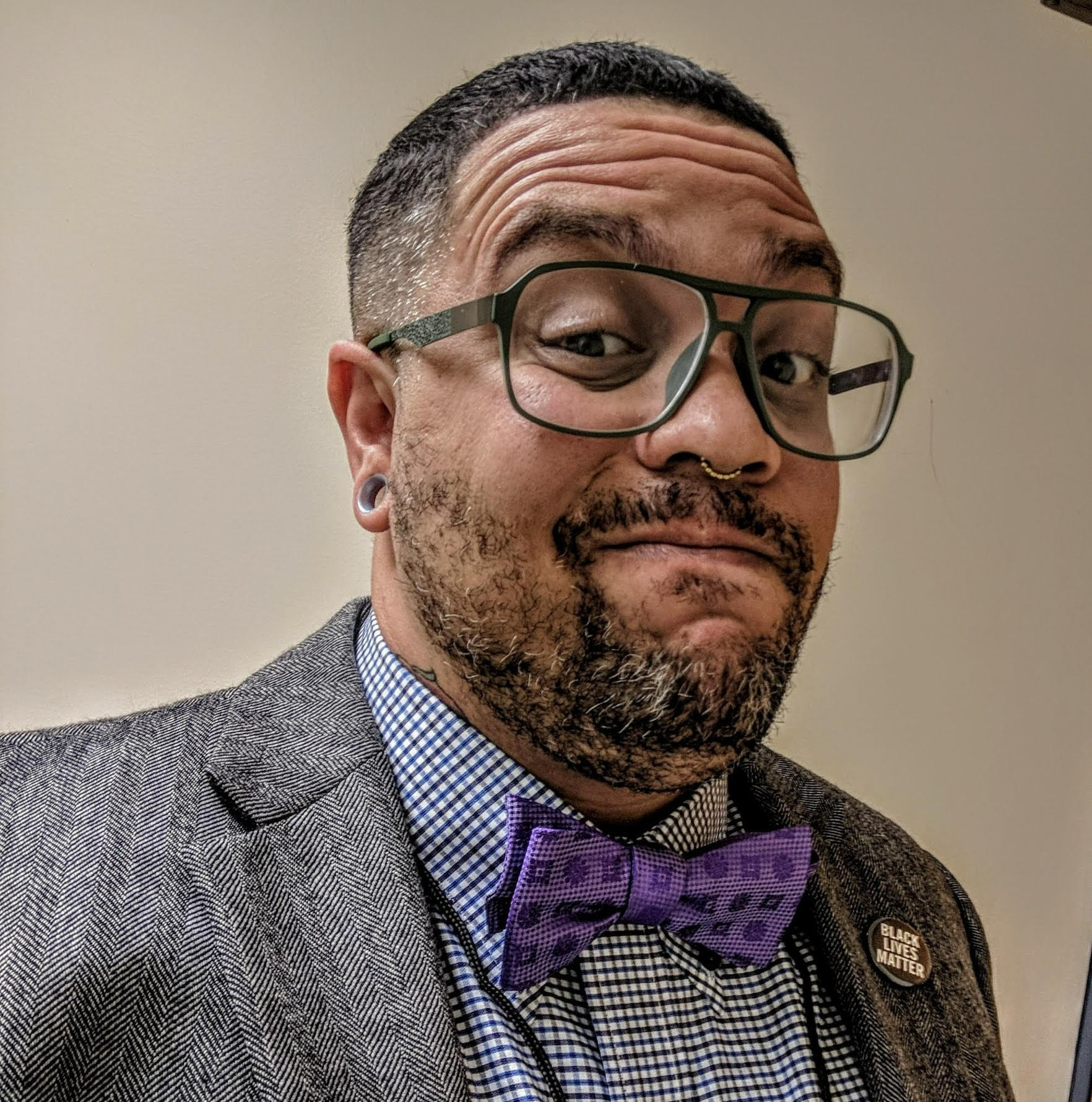 Lenny Duncan (he/him/his) is a follower of Jesus Christ and is in a passionate love affair with Grace. March 2018 he was issued a call to serve the people of Jehu’s Table from the Metro New York Synod of the Evangelical Church in America as a mission developer (church planter.) He is also a frequent voice on the intersection of the Church and the cries of the oppressed. He pays special attention to Black Liberation movements in his work, but lifts up the frequent intersection with other marginalized peoples. He believes that the reason the ELCA has remained so white is a theological problem, not a sociological one. He holds a Master of Divinity from United Lutheran Seminary.
Lenny Duncan (he/him/his) is a follower of Jesus Christ and is in a passionate love affair with Grace. March 2018 he was issued a call to serve the people of Jehu’s Table from the Metro New York Synod of the Evangelical Church in America as a mission developer (church planter.) He is also a frequent voice on the intersection of the Church and the cries of the oppressed. He pays special attention to Black Liberation movements in his work, but lifts up the frequent intersection with other marginalized peoples. He believes that the reason the ELCA has remained so white is a theological problem, not a sociological one. He holds a Master of Divinity from United Lutheran Seminary.  Monogamy puts a lot of pressure on me. I start to panic once I realize that I might not meet the needs of my potential romantic partner but I’ve never had to worry about that with my boyfriend. I know that he’s capable of meeting his needs with other people, and that he’s not just settling for me. I don’t have the anxiety that I’m not willing and able to do everything that he wants in the bedroom (or living room, or hallway, or backyard, or streets of a major city). For the first time, I’ve been able to grow with my partner into something together. I think what clinched our relationship for us, is that we can just be ourselves around each other. We went from talking about important social justice issues around intersectional identities to a complete and utter giggle fit half an hour later. My boyfriend connects my heart, head, spirit and body in a way no one else has every come close to. This is a freedom I’ve never known before entering into this kind of relationship.
Monogamy puts a lot of pressure on me. I start to panic once I realize that I might not meet the needs of my potential romantic partner but I’ve never had to worry about that with my boyfriend. I know that he’s capable of meeting his needs with other people, and that he’s not just settling for me. I don’t have the anxiety that I’m not willing and able to do everything that he wants in the bedroom (or living room, or hallway, or backyard, or streets of a major city). For the first time, I’ve been able to grow with my partner into something together. I think what clinched our relationship for us, is that we can just be ourselves around each other. We went from talking about important social justice issues around intersectional identities to a complete and utter giggle fit half an hour later. My boyfriend connects my heart, head, spirit and body in a way no one else has every come close to. This is a freedom I’ve never known before entering into this kind of relationship.